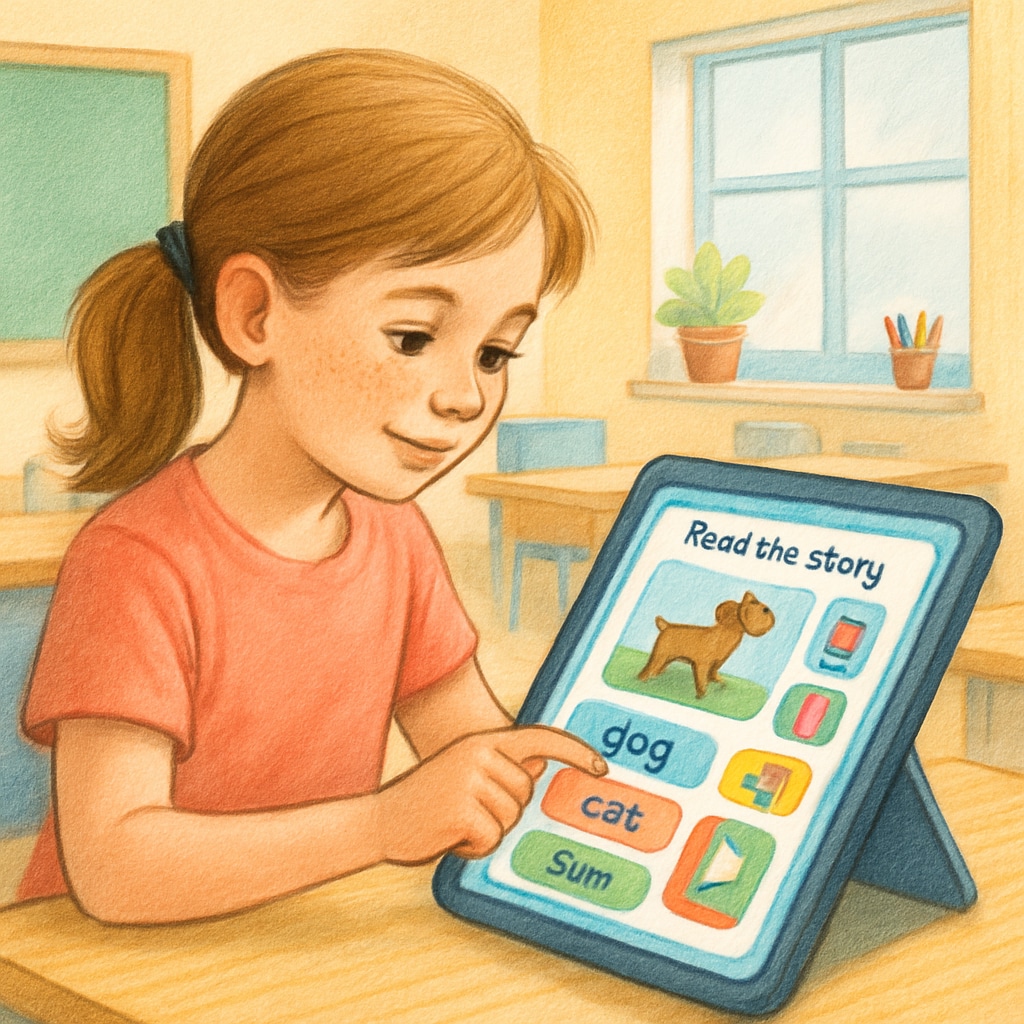Traditional reading comprehension tests and A.R. points systems often fail to measure true understanding while dampening reading interest among elementary students. Research shows that 65% of children report decreased enjoyment of reading when subjected to repetitive testing formats (Reading Rockets). Fortunately, educators and parents now have access to innovative, free alternatives that make reading assessment both meaningful and enjoyable.
The Hidden Flaws in Conventional Assessment Methods
Standardized reading evaluations frequently focus on quantifiable metrics like A.R. points while neglecting qualitative growth. Three major limitations emerge:
- Narrow measurement: Tests often assess recall rather than deeper comprehension
- Reduced motivation: The points system can turn reading into a chore
- Limited feedback: Number scores don’t guide improvement strategies

Engaging Alternatives That Build Real Skills
These research-backed approaches develop comprehension while preserving reading enjoyment:
- Book Club Conversations: Small group discussions foster critical thinking
- Creative Response Projects: Let students demonstrate understanding through art or drama
- Digital Reading Journals: Free platforms like Journal Buddies encourage reflection
Technology-Enhanced Solutions for Modern Learners
Digital tools provide interactive ways to assess comprehension without testing pressure:
- Free educational apps with gamified reading challenges
- Audio recording tools for verbal book responses
- Online reading communities that track progress visually

Implementation tips: Start with one alternative method per month. Combine approaches for different learning styles. Most importantly, focus on the reading experience rather than just the assessment outcome.
By moving beyond traditional reading comprehension tests and A.R. points systems, we can create lifelong readers who approach books with curiosity rather than apprehension. The most accurate measure of reading success isn’t a test score – it’s a child who voluntarily picks up another book.


